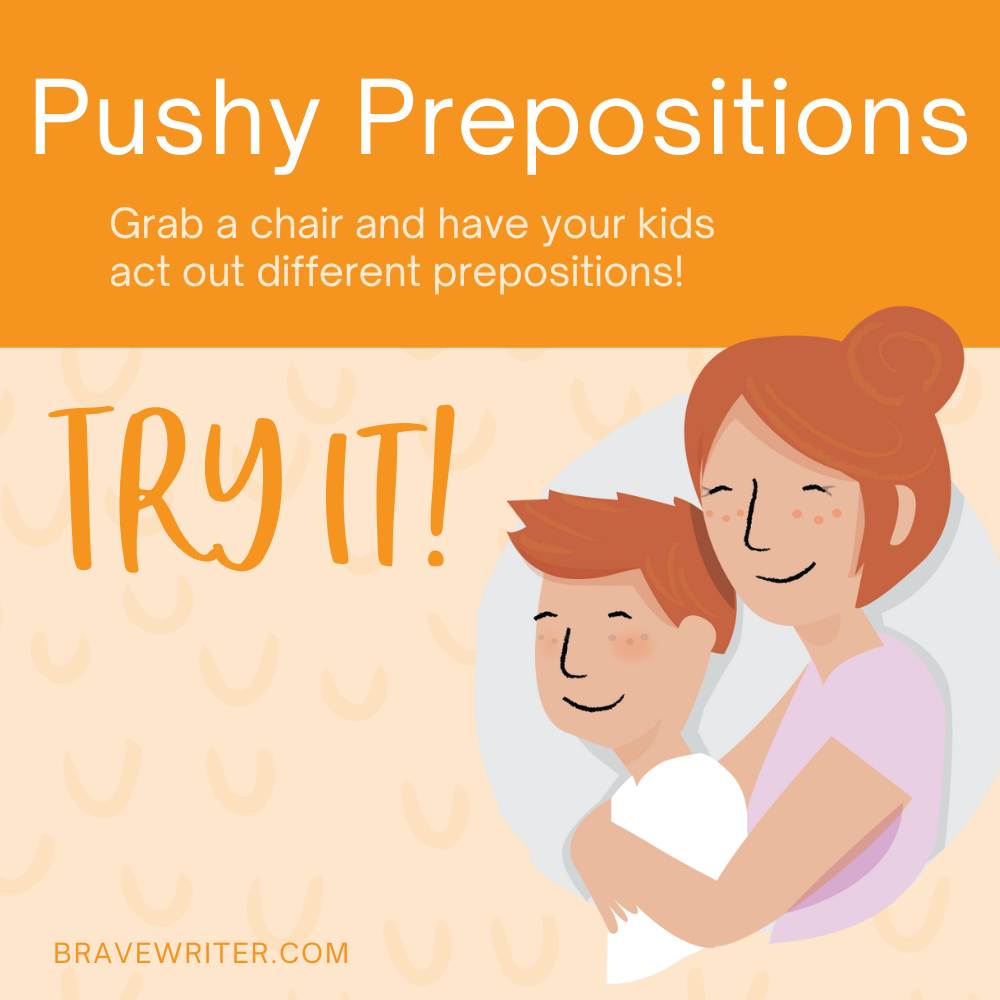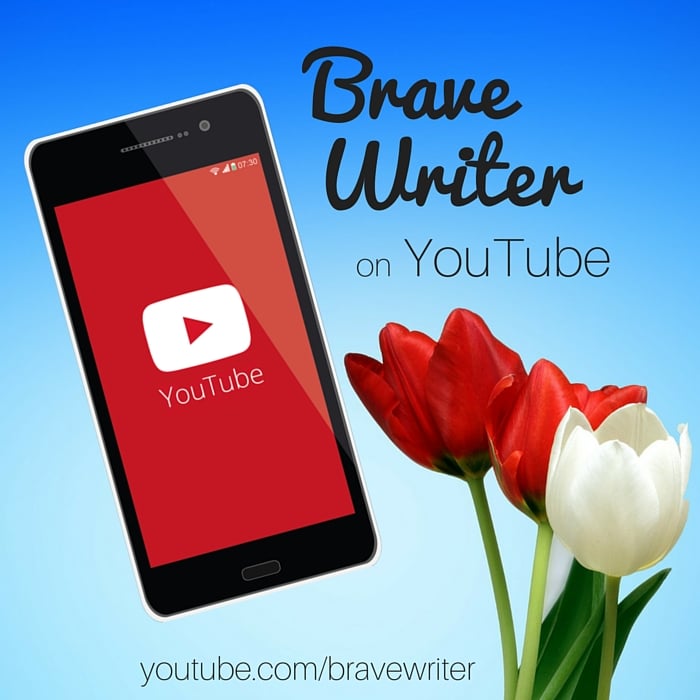
Super size your Poetry Teatime with a novel in verse!
The engaging stories listed below will hook your children and introduce them to a whole new way to tell a story—through poetry!
As you explore these terrific titles, our Quill (ages 5-7), Dart (ages 8-10), Arrow (ages 11-12), Boomerang (ages 13-14), and Slingshot (ages 15-18) literature singles help you teach:
- grammar,
- punctuation,
- writer’s craft,
- and more!
Click on a title to purchase the book then click on the linked related product to buy Brave Writer’s accompanying literature guide.
| TITLE | GUIDE |
| Poetry | Quill |
| Odder by Katherine Applegate | Dart |
| Becoming Muhammad Ali by Kwame Alexander and James Patterson | Arrow |
| Before the Ever After by Jacqueline Woodson | Arrow |
| Finding Langston by Lesa Cline-Ransome | Arrow |
| Red, White, and Whole by Rajani LaRocca | Arrow |
| The Red Pencil by Andrea Davis Pinkney | Arrow |
| Brown Girl Dreaming by Jacqueline Woodson | Boomerang |
| The Crossover by Kwame Alexander | Boomerang |
| Jazz Owls: A Novel of the Zoot Suit Riots by Margarita Engle | Boomerang |
| Other Words for Home by Jasmine Warga | Boomerang |
| Unbound by Ann E. Burg | Boomerang |
| Swing by Kwame Alexander with Mary Rand Hess | Slingshot |























